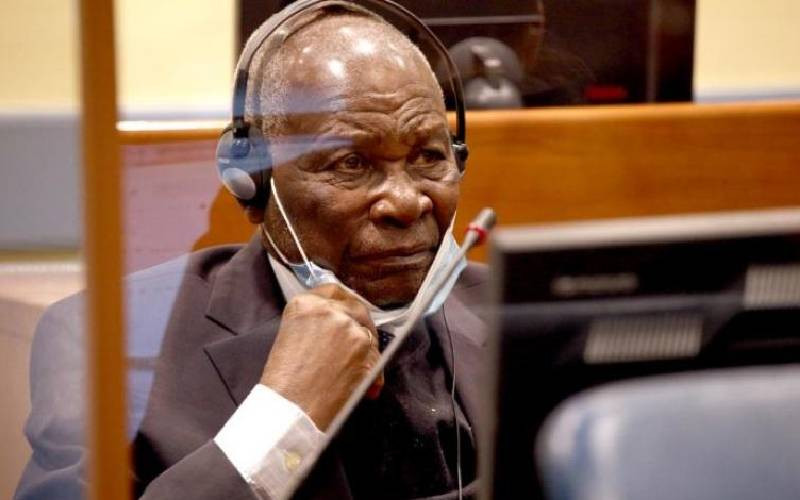×
The Standard e-Paper
Kenya’s Boldest Voice

A chill ran down my spine. I broke into a cold sweat when his image and name flashed across the television screen. Felicien Kabuga, a frail, 87-year-old man, whose name has come to symbolise murderous hatred that galvanised the 1994 Rwandan genocide, was at last standing trial in The Hague.
Here is a man whose alleged crimes against humanity claimed lives of a combined population equivalent to the population of Lamu, Isiolo, Samburu and Taveta counties.